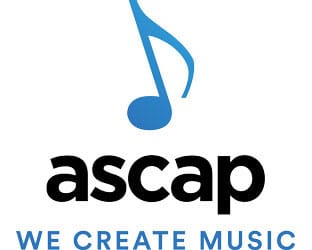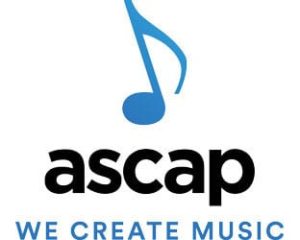 In testimony before Congress on music performance copyright legislation, numerous music streaming services like Pandora, as well as artists, have sought more transparency about who controls the rights to each song in a catalog.
In testimony before Congress on music performance copyright legislation, numerous music streaming services like Pandora, as well as artists, have sought more transparency about who controls the rights to each song in a catalog.
A digital database would go a long way to make it easier to see how much revenue is coming in for each song, and where that money goes they say.
Now, the American Society of Composers, Authors and Publishers has taken a step in that direction.
ASCAP has added new information to its publicly available online database indicating what percentage share of public performance rights it represents for each of the more than 10 million musical compositions in the ASCAP repertory.
ASCAP claims 555,000 members and says it’s the first public performance rights organization in the U.S. to make public its licensable sharable data. The move is key because many songs have multiple authors.
The ACE Database (www.ascap.com/ace) will now include what percentage of fractional shares to each copyrighted musical composition is “controlled by ASCAP.”
The group believes the move will support its request to the Justice Department for its members to have more flexibility in their ability to withdraw certain digital rights from the ASCAP catalog by providing a more complete and transparent picture of the intellectual property rights represented by ASCAP.
The update comes as the Justice Department is conducting a review of the consent decree under which ASCAP ad BMI operate. The DOJ is considering whether ASCAP and BMI should be required to license the songs in their respective repertoires on a 100% basis, regardless of the percentage of the song their affiliated writers or publishers actually own or control.
ASCAP makes it clear they’re opposed to requiring 100% licensing, saying that would negatively affect its songwriter and music publisher members.
“Songwriters and composers depend upon ASCAP to support themselves and their families. If public performance rights societies are going to survive and thrive in a global music economy driven by data, then we must be willing to be fully transparent regarding what shares of songs we are licensing,” says ASCAP CEO Elizabeth Matthews.





